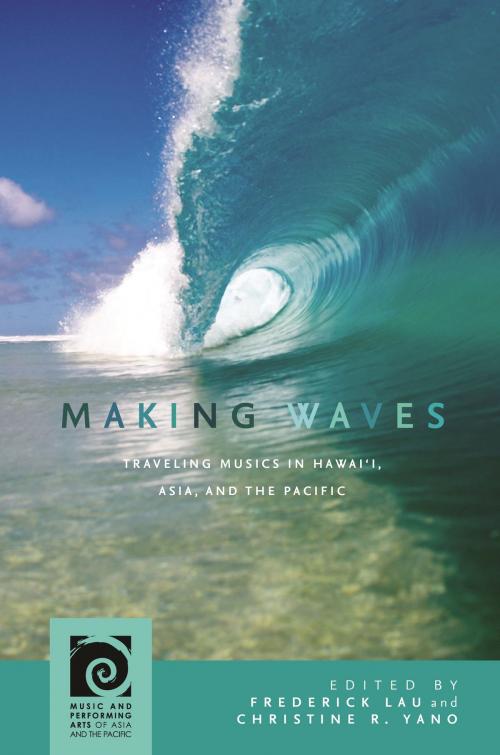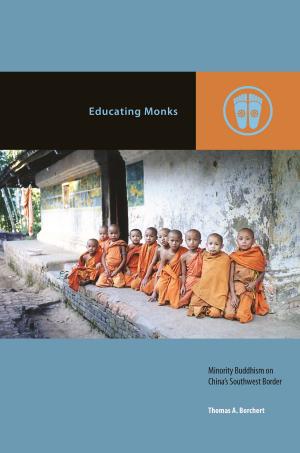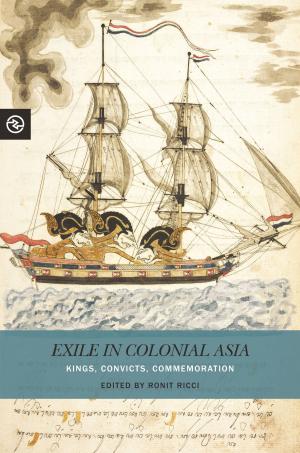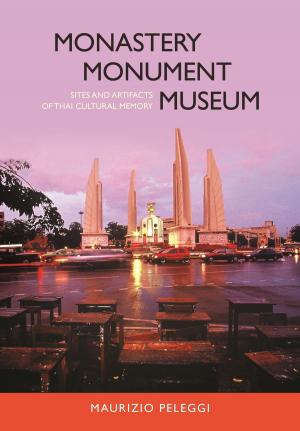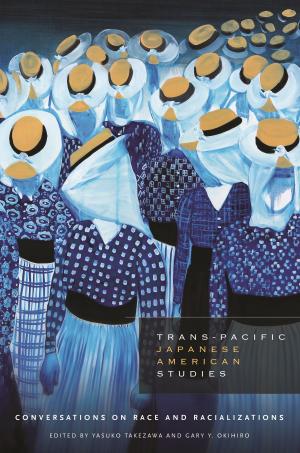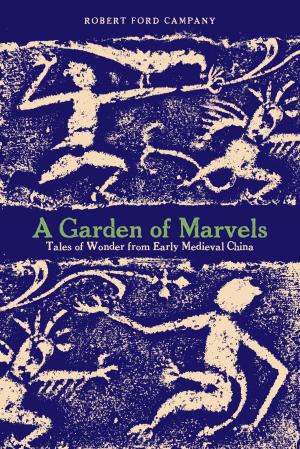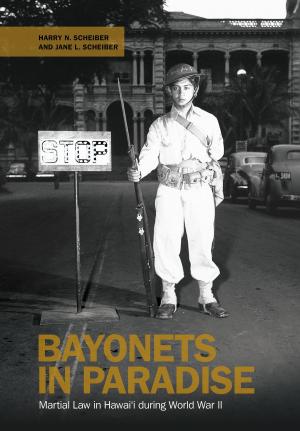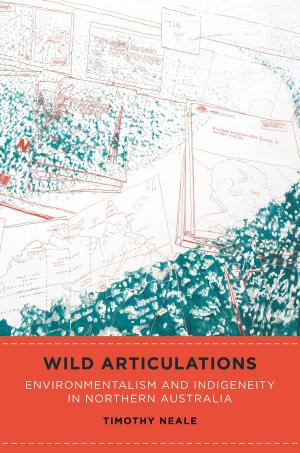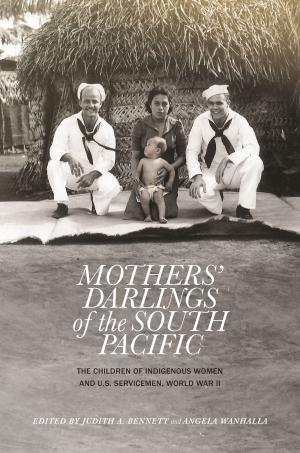Making Waves
Traveling Musics in Hawai‘i, Asia, and the Pacific
Nonfiction, Art & Architecture, Art History, Asian, Entertainment, Music, Theory & Criticism, Ethnomusicology, History, Australia & Oceania| Author: | Frederick Lau, David D. Harnish, Frederick Lau, Henry Spiller, R. Anderson Sutton, Professor Kati Szego, Ricardo D. Trimillos, Andrew N. Weintraub, Professor Deborah Wong, Christine R. Yano | ISBN: | 9780824874889 |
| Publisher: | University of Hawaii Press | Publication: | February 28, 2018 |
| Imprint: | University of Hawaii Press | Language: | English |
| Author: | Frederick Lau, David D. Harnish, Frederick Lau, Henry Spiller, R. Anderson Sutton, Professor Kati Szego, Ricardo D. Trimillos, Andrew N. Weintraub, Professor Deborah Wong, Christine R. Yano |
| ISBN: | 9780824874889 |
| Publisher: | University of Hawaii Press |
| Publication: | February 28, 2018 |
| Imprint: | University of Hawaii Press |
| Language: | English |
Musical sounds are some of the most mobile human elements, crossing national, cultural, and regional boundaries at an ever-increasing pace in the twentieth and twenty-first centuries. Whole musical products travel easily, though not necessarily intact, via musicians, CDs (and earlier, cassettes), satellite broadcasting, digital downloads, and streaming. The introductory chapter by the volume editors develops two framing metaphors: “traveling musics” and “making waves.” The wave-making metaphor illuminates the ways that traveling musics traverse flows of globalization and migration, initiating change, and generating energy of their own. Each of the nine contributors further examines music—its songs, makers, instruments, aurality, aesthetics, and images—as it crosses oceans, continents, and islands. In the process of landing in new homes, music interacts with older established cultural environments, sometimes in unexpected ways and with surprising results. They see these traveling musics in Hawai‘i, Asia, and the Pacific as “making waves”—that is, not only riding flows of globalism, but instigating ripples of change. What is the nature of those ripples? What constitutes some of the infrastructure for the wave itself? What are some of the effects of music landing on, transported to, or appropriated from distant shores? How does the Hawai‘i-Asia-Pacific context itself shape and get shaped by these musical waves? The two poetic and evocative metaphors allow the individual contributors great leeway in charting their own course while simultaneously referring back to the influence of their mentor and colleague Ricardo D. Trimillos, whom they identify as “the wave maker.” The volume attempts to position music as at once ritual and entertainment, esoteric and exoteric, tradition and creativity, within the cultural geographies of Hawai‘i, Asia, and the Pacific. In doing so, they situate music at the very core of global human endeavors.
Musical sounds are some of the most mobile human elements, crossing national, cultural, and regional boundaries at an ever-increasing pace in the twentieth and twenty-first centuries. Whole musical products travel easily, though not necessarily intact, via musicians, CDs (and earlier, cassettes), satellite broadcasting, digital downloads, and streaming. The introductory chapter by the volume editors develops two framing metaphors: “traveling musics” and “making waves.” The wave-making metaphor illuminates the ways that traveling musics traverse flows of globalization and migration, initiating change, and generating energy of their own. Each of the nine contributors further examines music—its songs, makers, instruments, aurality, aesthetics, and images—as it crosses oceans, continents, and islands. In the process of landing in new homes, music interacts with older established cultural environments, sometimes in unexpected ways and with surprising results. They see these traveling musics in Hawai‘i, Asia, and the Pacific as “making waves”—that is, not only riding flows of globalism, but instigating ripples of change. What is the nature of those ripples? What constitutes some of the infrastructure for the wave itself? What are some of the effects of music landing on, transported to, or appropriated from distant shores? How does the Hawai‘i-Asia-Pacific context itself shape and get shaped by these musical waves? The two poetic and evocative metaphors allow the individual contributors great leeway in charting their own course while simultaneously referring back to the influence of their mentor and colleague Ricardo D. Trimillos, whom they identify as “the wave maker.” The volume attempts to position music as at once ritual and entertainment, esoteric and exoteric, tradition and creativity, within the cultural geographies of Hawai‘i, Asia, and the Pacific. In doing so, they situate music at the very core of global human endeavors.
